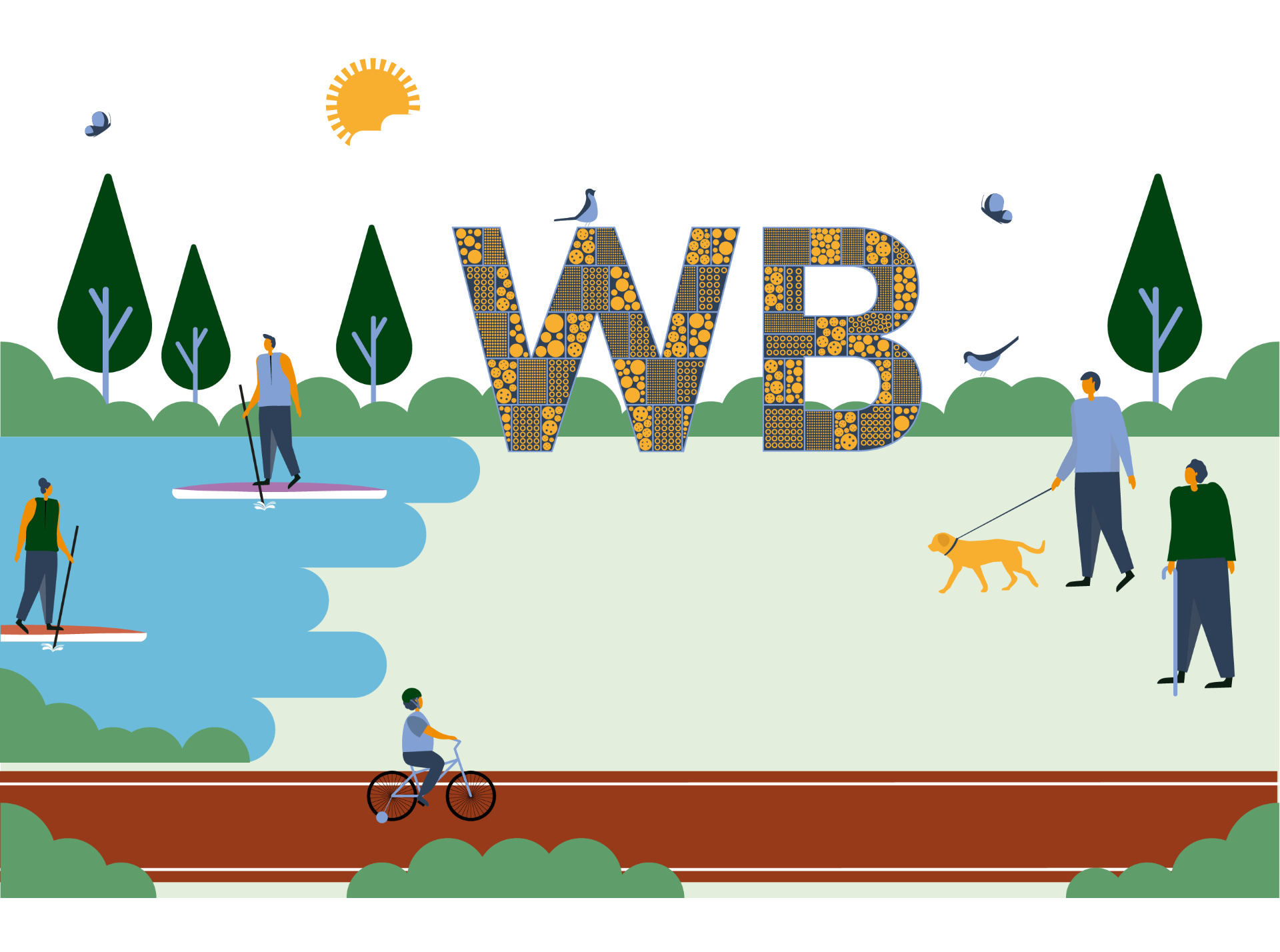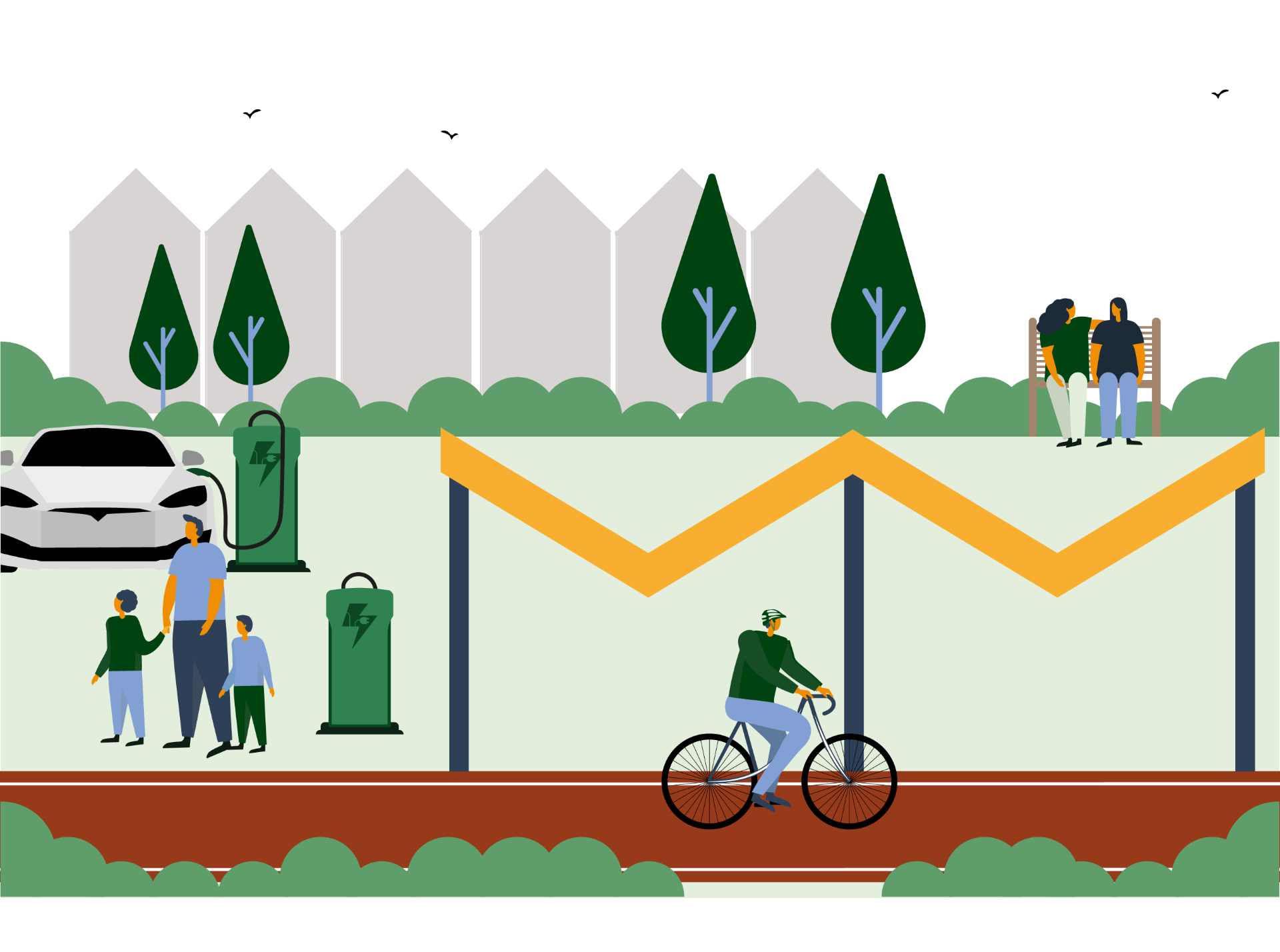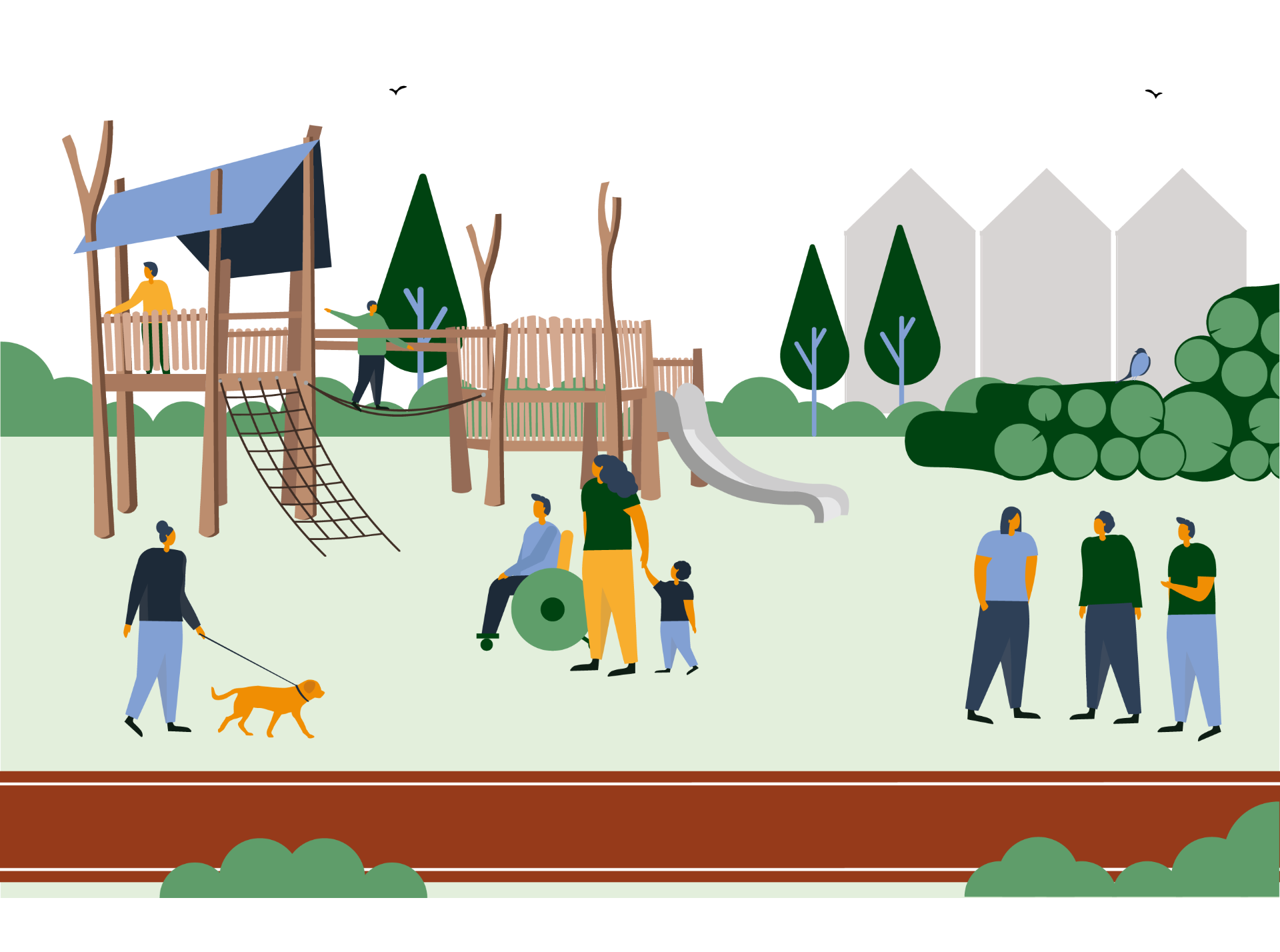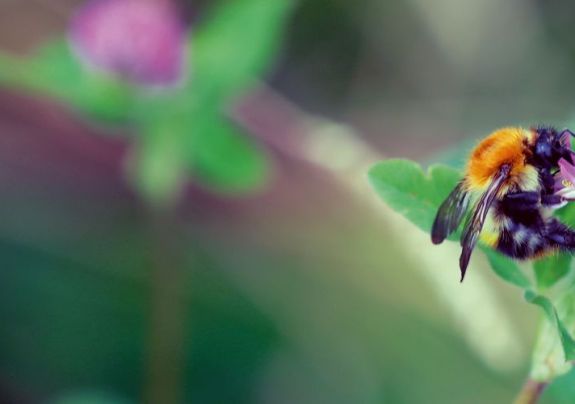As an early commitment to enhance the biodiversity at the former airfield and barracks site, Urban&Civic bought two beehives in 2017, which are being looked after by a local beekeeper with 50 years’ experience.
Bees play an important role in the ecosystem, pollinating to help plants grow, reproduce and produce food. Five priority habitats have been identified at Waterbeach that will be protected, enhanced and established to provide a higher quality of biodiversity than existed before development takes place – biodiversity net gain – and these humble insects will play an important role in establishing a thriving environment for nature to flourish.
Bees only live around six weeks, but those hatched in September will usually hibernate until the spring, with swarming season in May/June and honey harvested in August, if enough has been produced. In July, there can be around 50,000 honeybees in each hive, which will need around 100kg of food per year just to survive.
Bees are under threat from a range of sources including extensive use of pesticides and climate change, with unseasonal warm spells in the autumn and winter drawing out swarms of bees, who then don’t make it back to the hive before the cold weather returns.





